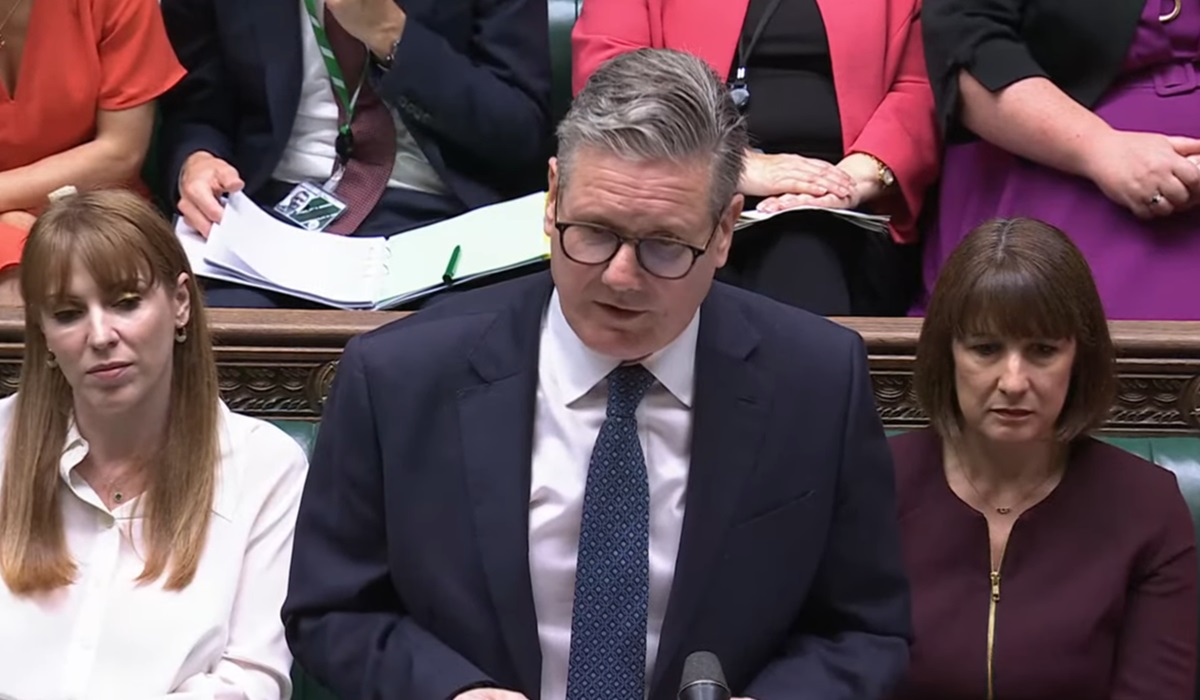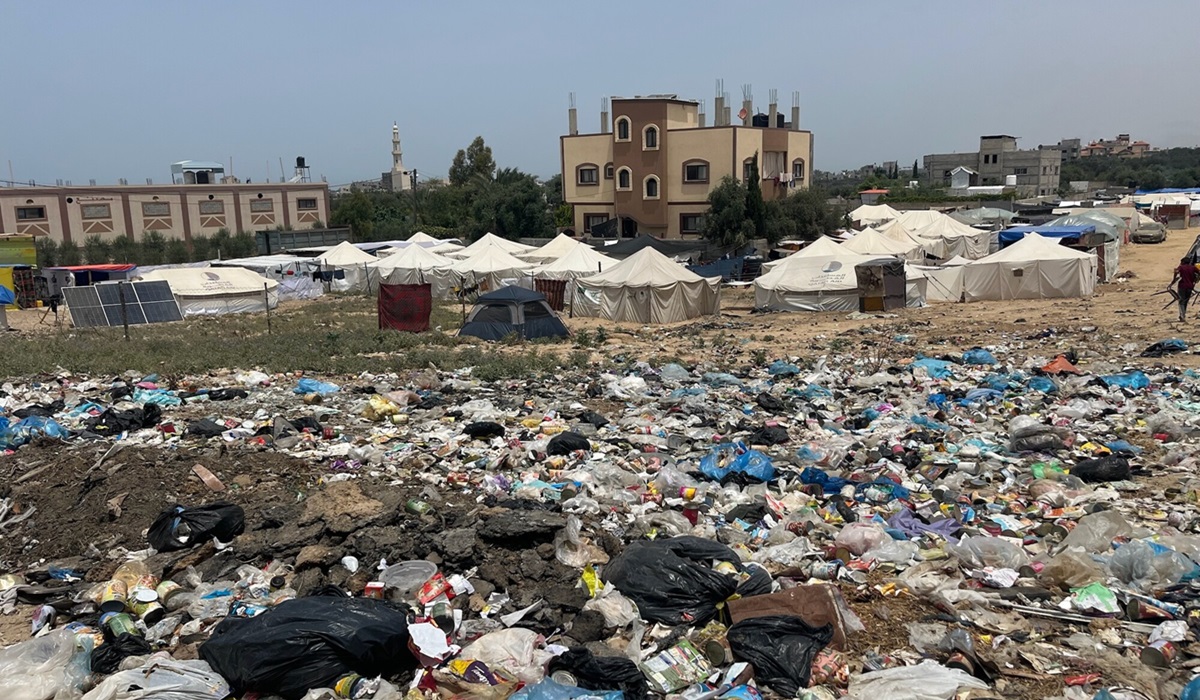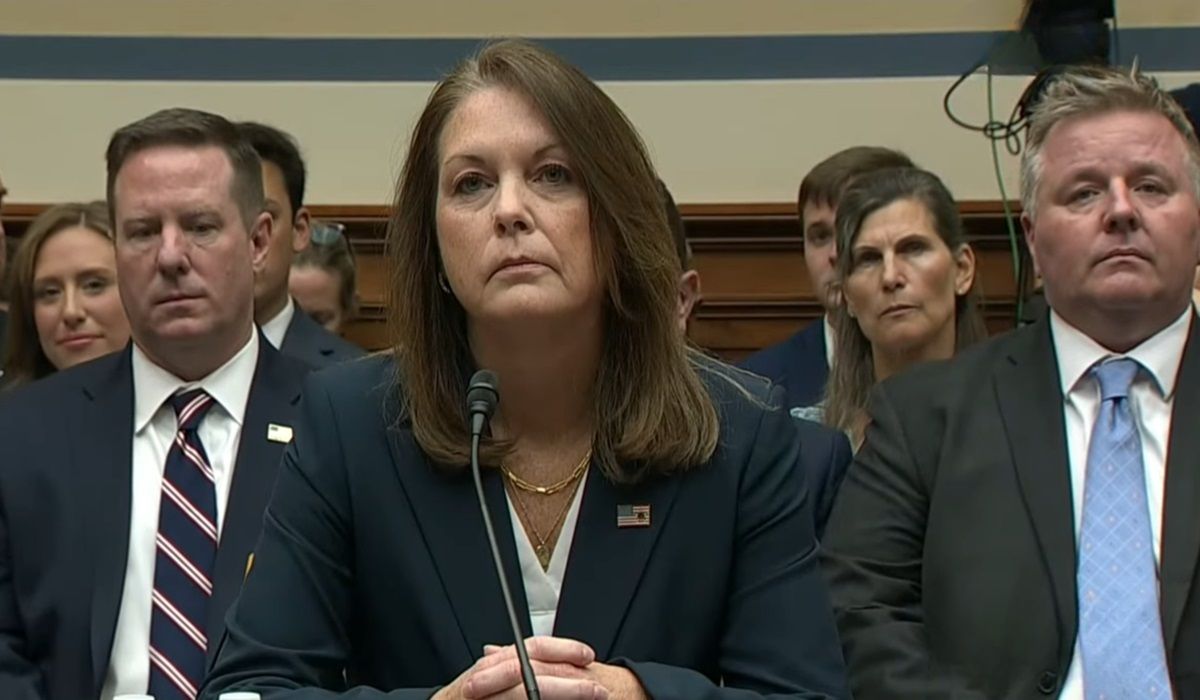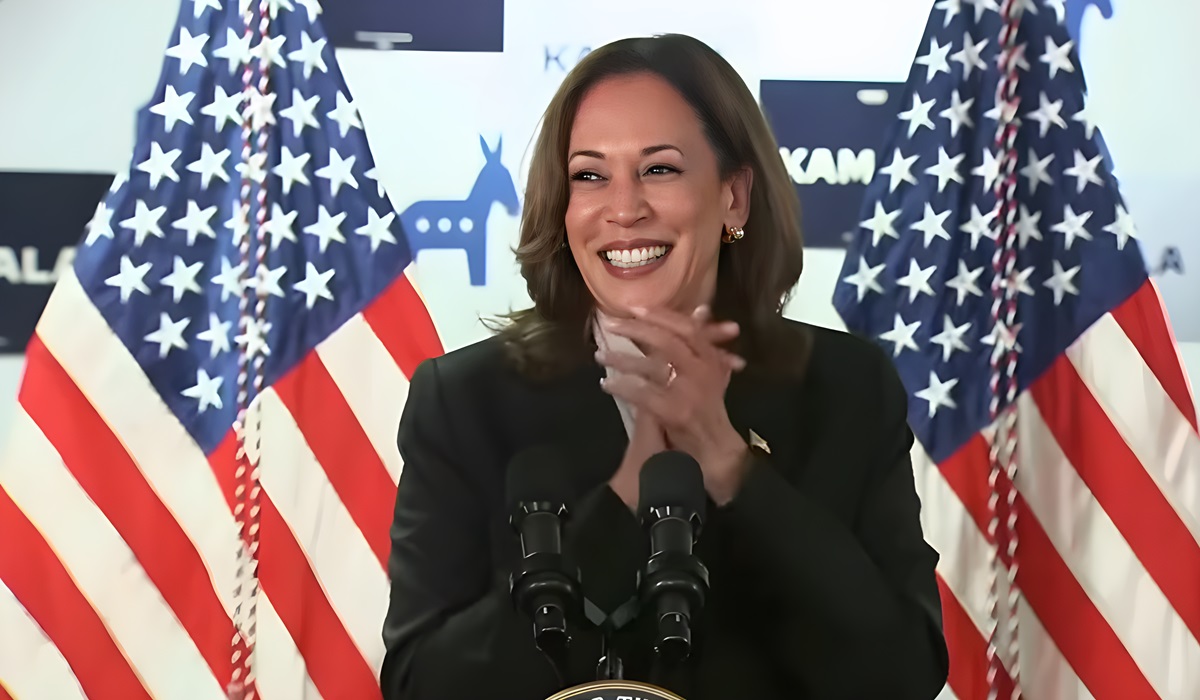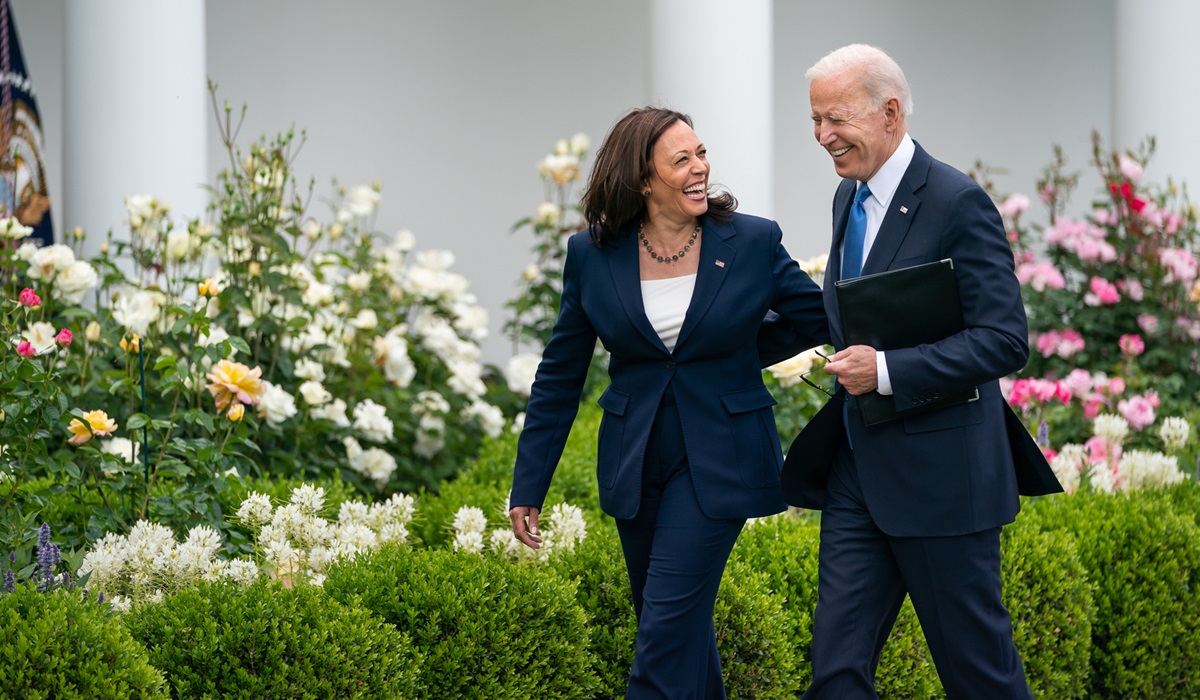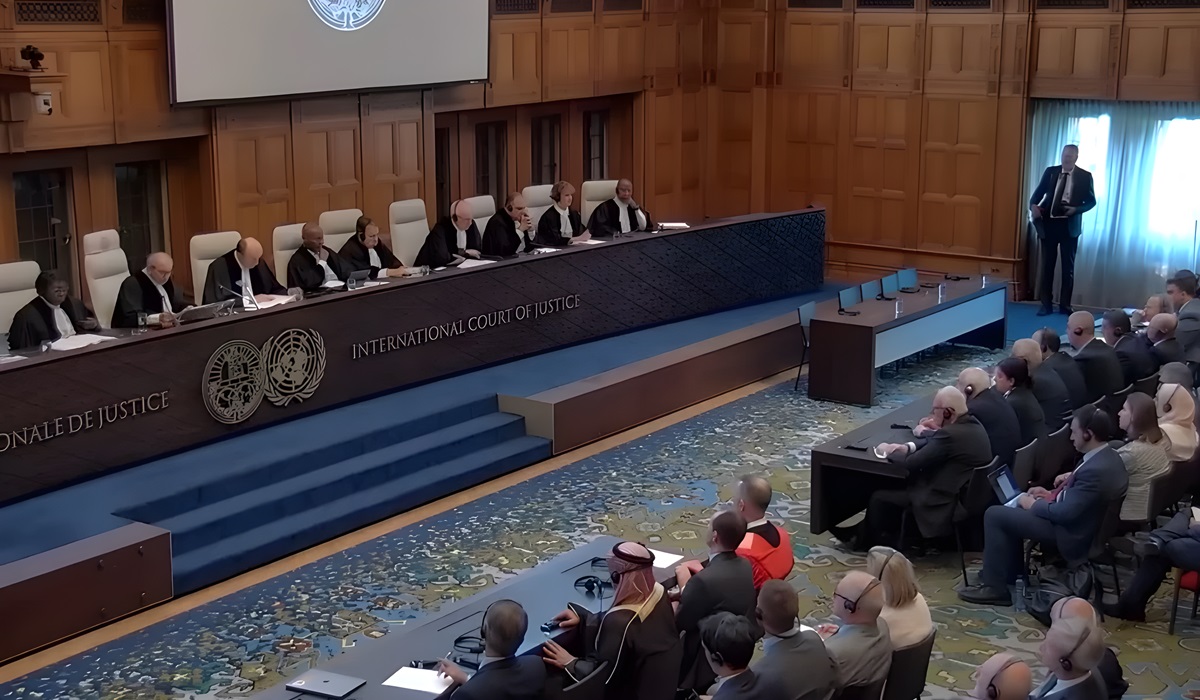Balancing Act: Manitoba Premier Designate Kinew’s Challenge in Taking Sides on Israel-Palestine
- TDS News
- Breaking News
- Indigenous
- October 8, 2023

Wars are the worst part of humanity
Manitoba Premier Designate Wab Kinew’s recent statement, a day later, still reverberates in the political arena. He voiced his support for the Israeli people in the wake of rocket launches by Hamas into Israel. While Kinew’s intentions may have been to stand in solidarity with a nation facing a deadly attack, his statement has stirred controversy and prompted many to question the wisdom of aligning with one side in such a complex and deeply entrenched conflict.
Wab Kinew @WabKinew Tweeted “This morning I spoke with members of the Jewish community in Manitoba to express my solidarity. I condemn the terrorist attacks against Israel, the targeting of civilians, and affirm Israel’s right to self-defense. My hope is for a swift de-escalation of this conflict.”
Various scholars, individuals and communities resisted Premier Kinew’s support for Israel. Indigenous leaders, professors, and members of both the Indigenous and Palestinian communities expressed their profound disappointment. This backlash stemmed from key concerns highlighting the complexities and sensitivities surrounding the Israel-Palestine conflict.
“Wab, you’re a brilliant man and I know you know better than this. Even Jagmeet’s response didn’t parrot this “self defense” rhetoric. “198 people in the Gaza Strip have been killed in Israel’s retaliation and at least 1,610 wounded.” How many Palestinians were also civilians?” Tweeted @melodymckiver Melody McKiver, Assistant Professor – Indigenous Music @ University of Manitoba.
One of the central reasons for the backlash against Premier-designate Kinew’s statement is the stark contrast it presented with his campaign theme of unity. Throughout his election campaign, Kinew emphasized unity among Indigenous and non-Indigenous communities and immigrants for a stronger Manitoba. Many feel his support for only Israel contradicted this unity message, confusing many constituents and disheartening.
From an Indigenous standpoint, supporting a nation often perceived as an occupier in a land with a history of violence against its Indigenous peoples raised many questions. Many Indigenous community members found it challenging to reconcile their leader’s stance with the historical context of colonization, oppression, and their ongoing struggles.
The Palestinian community in Manitoba, many of whom supported Kinew during his election, felt slighted by his statement. They believed that by expressing support for Israel, he effectively chose one set of people over another and disregarded their concerns, struggles, and aspirations.
The inexperience of the Premier’s communications team is glaringly evident in their recent statement, which has given the unfortunate appearance that the Premier is taking sides in a complex and sensitive international conflict. Such a misstep has raised serious questions about the team’s ability to effectively navigate the delicate terrain of diplomacy and crisis communication. Many voices within the public discourse have called for removing these staff members to prevent further statements that may be seen as irresponsible or contributing to the ongoing crisis. At a time when the situation demands a diplomatic and unifying approach, such miscommunications only serve to deepen division and misunderstanding. The Premier-designate’s statement is in far contrast to that of Toronto Mayor Olivia Chow.
Mayor Olivia Chow “I unequivocally condemn Hamas’ horrific terrorist attacks on Israel. I mourn the loss of all innocent civilians, both Israeli and Palestinians. My thoughts are with Torontonians who have loved ones who may be in danger.”
“My heart is aching to see destruction, death, and violence happening to Israelis and Palestinians alike. No longer should the world sit by and watch the loss of so many lives and the potential futures of leaders. In light of this, I will contact Palestinians and Israelis within the Manitoba community to offer my condolences and support. Together, we are stronger than any ideology or historical confines. Under my Premiership, Palestinians and Israelis will show the world that unity is possible and the world is big enough for all to co-exist peacefully.” This is the type of statement we would have put out and what is expected of an experienced communication team.
The controversy surrounding Premier-designate Kinew’s statement is a poignant reminder of leaders’ immense responsibility when addressing complex international conflicts. While the impulse to express support or condemnation for a particular side may be strong, it is crucial to approach these issues with empathy and a deep understanding of the intricate and deeply rooted factors at play.
Leaders should prioritize unity, compassion, and a humanitarian perspective in times of international crisis rather than being drawn into taking sides. It is imperative for both politicians and citizens to recognize the suffering experienced by both Palestinians and Israelis and to advocate for a peaceful resolution to the conflict while rebuking all forms of violence.
To fully appreciate the Israel-Palestine conflict and its impact, it is essential to consider the historical backdrop against which it has unfolded. The conflict’s roots can be traced back to the late 19th and early 20th centuries when tensions between Jewish immigrants and Arab residents of Palestine began to escalate. These tensions ultimately culminated in establishing the state of Israel in 1948, followed by wars and disputes over territory, refugees, and sovereignty.
The Israel-Palestine conflict has proven to be one of modern history’s most enduring and intractable conflicts. It has been marked by violence, loss of life, displacement of communities, and deep-seated animosities on both sides. The historical context underscores the need for leaders to approach the conflict with sensitivity and a commitment to peace.
The backlash from diverse communities and the questioning of his commitment to unity highlights the complexities and challenges leaders face when addressing international conflicts. In a world often divided by race, religion, and class, it is imperative that leaders prioritize unity, compassion, and understanding rather than inadvertently contributing to further division.
As the Israel-Palestine conflict unfolds, leaders must focus on empathetic, humanitarian responses that transcend political boundaries. They should prioritize peace and justice for all parties involved and work towards a resolution acknowledging the suffering and aspirations of Palestinians and Israelis. In doing so, they can set an example of unity and compassion that transcends the divides of our world and promotes a better future for all.

